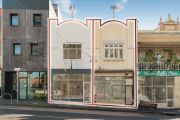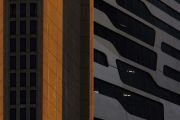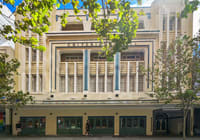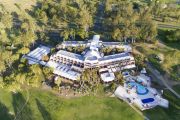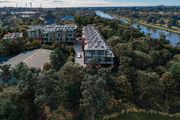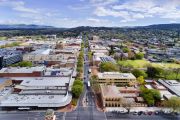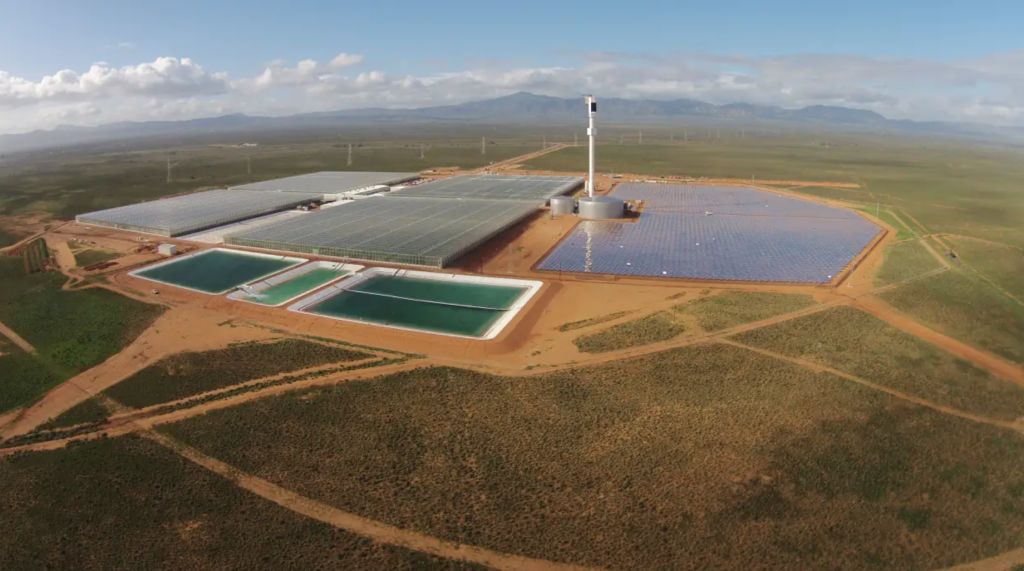
Centuria buys giant tomato glasshouse for $70m
ASX-listed Centuria is leading the local institutional investor push into “protective cropping” agricultural assets after snapping up a second major vegetable growing glasshouse facility in Port Augusta.
The fund manager’s unlisted Centuria Agricultural Fund (CAF) paid $70 million for the 246-hectare property on the Princes Highway, about 300 kilometres north of Adelaide, leased to Sundrop Farms, one of the country’s biggest growers of truss tomatoes.
It includes a 20-hectare glasshouse facility – one of the largest in South Australia – that produces 17,000 tonnes of truss tomatoes a year along with other tomato varieties as part of a year-round growing operations.
Also included in the sustainable offering was an onsite desalination plant that processes up to 600 megalitres of seawater a year to irrigate the tomato plants, and a 12.5-hectare solar plant that supplies renewable energy to the glasshouses.
Offloaded by alternative asset manager Morrison & Co’s Growth Infrastructure Fund, the Port Augusta glasshouses sold with a 20-year lease to Sundrop Farms. Centuria has also acquired the Sundrop operating business from Morrison & Co on a short-term basis for an undisclosed sum.
“We are holding the [operating] business for the moment through a transition period,” a Centuria spokeswoman said.
The acquisitions come after Centuria paid $177 million this year for a 33.5-hectare glasshouse facility at Warragul in Victoria’s West Gippsland region – the seed asset for its CAF fund, which pays a 5.25 per cent distribution yield.
It sold with a 20-year lease back to Roc Partners-owned grower Flavorite, which supplies hydroponically grown tomatoes, capsicums and cucumbers to the major supermarkets groups.
‘Focus on sustainability’
Commercial-property focused Centuria made its move into agricultural assets last year after its $600 million merger with John Bond’s Perth-based fund manager Primewest, which already had a number of long WALE-style horticultural investments.
The Port August acquisition takes Centuria’s agricultural assets under management to $421 million.
Andrew Tout, head of agriculture at Centuria, told The Australian Financial Review that “controlled environment farming assets” with a focus on sustainability and in good locations were on the radar of the fund manager.
“We like assets that manipulate their environment to – for example – enable a longer growing season,” Mr Tout said.
“The beauty of these glasshouses is that the produce a crop in all seasons,” he said.
The potential for Australian institutional investors, who remain underweight in agricultural real estate, to target more sustainable and risk-adverse assets such as glasshouses was highlighted at this year’s Agri Investor Forum held in Melbourne in October.
Speaking at the event, Dania Zinurova, portfolio manager at Wilson Asset Management, said in about two years’ time there would be institutional investors investing in real agriculture assets “from an ESG perspective”.
“We have already seen in the US a shift to sustainable glasshouse and greenhouses … on an industrial scale, powered by renewable energy, where the water is recycled and there is no use of fertilisers,” she said.
“So I think asset managers and investors, with all their capital can really develop this part of the industry, and it could be a turning point for Australian investment.”
Also speaking at the same event, Heechung Sung, head of natural capital at the federal government’s Clean Energy Finance Corporation, said agricultural investing would move from “core farmland investing to protective cropping and other infrastructure-focused food production [assets]”.

